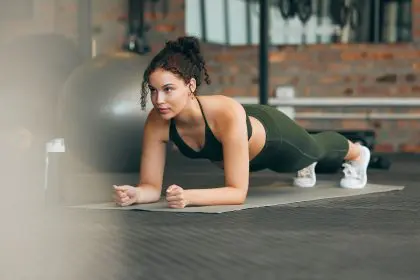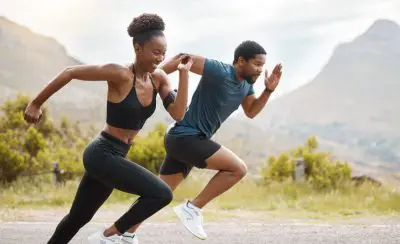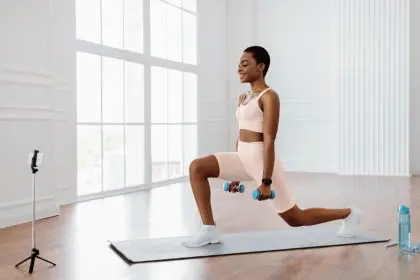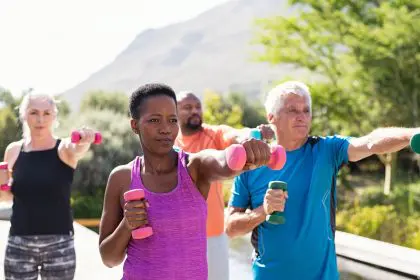Coach Sebastian Kruse, a celebrated international dance figure, has transitioned into a distinguished career as a mental and physical training coach. With a unique perspective rooted in his African heritage, he aims to inspire individuals and address the global mental health crisis. Through compelling narratives and motivational insights, Coach Sebastian delivers an experience that resonates with audiences worldwide as a TEDx speaker.
Kruse spoke to rolling out diving into his multifaceted journey where dance, entrepreneurship and mental health advocacy converge to create an inspiring narrative.
Where are you from and how did you get started as a coach?
I’m based in Cape Verde Island, which is right outside of Africa. I was born and raised in Sweden, Northern Europe. I started coaching after I began dancing about 13 or 14 years ago. I had the opportunity to travel the world as a dancer for multiple artists, which was a blessing. However, around 2013-2014, I went through a dark period in my life. I started experiencing panic anxiety and spiraled into depression, even having suicidal thoughts. I desperately wanted to find a way out and that’s when I discovered training. I began studying at the Wheaton School of Sports Science in 2015 and that’s when my coaching journey began. Fast forward a few years and now I focus solely on training dancers to become mentally and physically stronger.
What do you teach your clients when it comes to performing on stage?
In terms of coaching, my main focus is helping people become mentally and physically stronger. One aspect I emphasize is mental discipline, which involves detaching from external influences. Many of us become nervous when performing on stage or when a lot is happening around us. Our minds become filled with biases and thoughts. My goal is to help individuals stay in a neutral state and focus solely on what they can control. Additionally, I provide performance training specific to dancers. I’ve developed my training method that focuses on training to the music and strengthening the smaller muscles in between.
What is your teaching model when it comes to fitness?
For dancers, I primarily focus on bodyweight training and functional movements. Regarding building muscle size, I’m a strong advocate of kettlebells. I prioritize incorporating big movements that engage the entire body rather than isolated exercises. Of course, if a client has specific goals such as preparing for a movie or music video, we may incorporate bodybuilding exercises as well.
How do we balance our mental health in a world and industry that never stops moving?
When it comes to mental health, it’s crucial to understand that the mind and body are interconnected. In the Western world, we tend to separate the two but through my experience training thousands of people in mental and physical health, I’ve learned that they are intertwined. Even if I have high-profile clients like CEOs or athletes, I always emphasize the importance of working on their minds first. No exercise at the gym can replace mental well-being.















